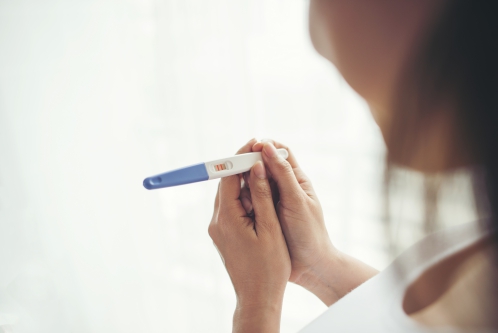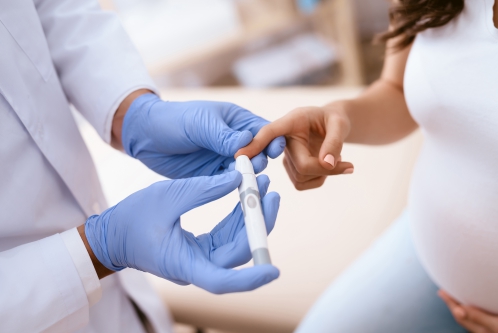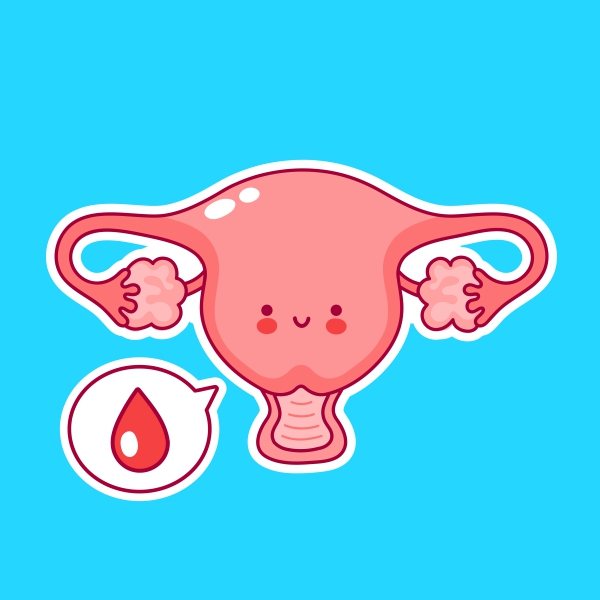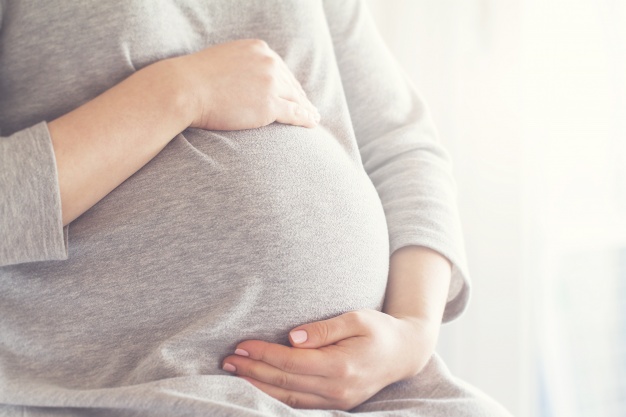Pregnancy is a special physiological condition where a whole new body is being formed inside a woman's womb. Gestational period or pregnancy begins from the moment of conception and ends to the time of birth, which is about 9 months or 40 weeks and during this whole phase baby receives all the nourishment from the mother thus proper nutritional management is very much important to ensure optimal birth outcome.
Why nutritional requirement get increased during pregnancy?
Increase in the nutritional requirement can be attributed to –
- Enlargement of maternal tissues, especially uterine tissue and breast
- Placental development
- To support the rapid growth of the fetus
- For the formation of amniotic fluid
- To increase maternal circulating blood volume
- To promote nutrient storage in body for approaching lactation
- To replace the effects of blood loss during parturition
- To cope up with the increased rate of metabolism
- To facilitate the mineralization of fetus skeletal system and tooth
- To support the growth of fetal nervous system
- To support the healthy weight gain during gestation
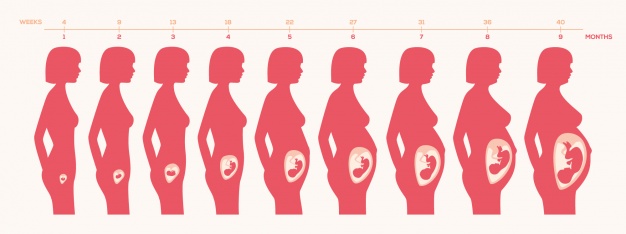
Nutritional management
Diet has profound influence on the health of mother as well as fetus. Inadequate intake of food may increase the risk of maternal morbidity and mortality.

Below points will discuss about the basic nutritional need required for supporting normal pregnancy
Energy
- Calorie requirement should be increased during pregnancy for supporting the increased nutritional need
- Whereas, increase in basal metabolic rate also increases the requirement of calories during gestational period
- It is better to consume additional 300 kcal to 340 kcal of energy over normal calorie recommendation
Proteins
- Protein is one of the most important nutrients, which is essentially required during pregnancy as it serves various important functions
- Protein helps to increase maternal blood volume. It has seen that about 40 to 50% of plasma volume gets increased during pregnancy and more circulating blood is required for nourishing the fetus and for supporting the increased metabolic work load
- During gestation the size of the fetus gets increased from one cell to million cells in only 9 months and this indicates that large amount of proteins should be supplied to mother for supporting such rapid growth
- Amniotic fluid, which surrounds the fetus and guards the fetus from injuries, is also made up of various proteins
- Placenta also requires protein for its complete development
- Protein is associated with increasing storage reserve in mother’s body
- Additional 25g of proteins should be consumed over normal RDA for fulfilling all of these above stated needs
- Diet should be rich in high biological value proteins like egg, fish, poultry, milk, cheese and soy products. Proteins from other plant sources like legumes, pulses and lentils should also be incorporated in the diet as they contribute additional secondary amount


Carbohydrates
- About 65% of daily energy should came from carbohydrates as it helps to fulfill the need of energy
- It is better to include complex carbohydrate in diet like whole wheat, brown rice, oatmeal, farro, buckwheat etc
Fat
- Fat should be consumed as per recommendation but too much consumption of fat is not healthy during gestation
- It is better to consume foods, which contain unsaturated fatty acids (MUFA and PUFA) and essential fatty acids such as olive oil, corn oil, walnut oil, rice bran oil, flex seed oil, soy bean oil, sunflower oil, sesame seed, avocado, almonds, pecans, hazelnuts, tuna, cod, salmon, shrimp etc
Vitamins
- It is better to consume 25% extra Vitamin A over normal recommendation as it helps in the growth of maternal tissues. Vitamin A also helps in improving intra uterine growth. It helps to promote the storage of Vitamin A in the liver of infant as well. Foods, which contain Vitamin A include egg yolk, dairy products, carrot, liver, butter, tuna, salmon, trout etc should be included in the diet of a pregnant women
- Diet should also be adequate with Vitamin B1, B2, B3 and B6 as they help in the metabolism of carbohydrate, protein and fat. Good sources of these B vitamins include whole grains, legumes, sea foods, nuts, leafy greens, poultry etc
- Vitamin B9 or folic acid is another important trace element that plays vital role in pregnancy. It helps in the production of mature red blood corpuscles throughout the gestational period. It is also required for the development of healthy embryonic tissue. Whereas, it helps to prevent malformation of neural tube thus its consumption is thought to be very effective for decreasing the prevalence of birth defects. It is better to consume 500 to 600mcg of folic acid per day. Diet should be rich in nuts, seeds, beans, green leafy vegetables, liver and sea foods as they provide adequate amount of folic acid
- Deficiency of Vitamin D may also cause various health complications for both mother and fetus like preeclampsia, growth faltering, gestational diabetes etc. Vitamin D also helps to improve the absorption of calcium thus it is better to maintain normal status of Vitamin D in body
- Vitamin C also helps in developing connective tissues as well as maternal tissues thus it is better to consume Vitamin C (60mg per day) rich foods daily like oranges, lemons, guavas etc.

Minerals
- All minerals should be consumed properly as they play various important roles in body but special consideration should be given on calcium and iron
- Consumption of a diet rich in calcium, phosphorus, Vitamin D and magnesium play imperative role in promoting the development of fetal skeletal system. Generally consumption of dairy products, whole grain cereals and green vegetables supply adequate calcium to the body
- Iron is another important trace element that plays vital role in pregnancy. It helps to increase the synthesis of hemoglobin, which is essentially required for supporting the increased maternal blood volume. It also helps in promoting prenatal iron storage. It is better to consume 27mg of iron per day and the diet should be rich in spinach, amaranth, sprouts, liver, legumes, oatmeal etc

Foods, which should be excluded from the diet of a pregnant women
- Unpasteurized milk and its products
- Hotdogs
- Burgers
- Fried foods
- Fast foods
- Luncheon meats
- Refrigerated smoked sea foods
- Raw or under cooked egg, meat or fish

Impact of malnutrition on pregnancy
Below points will discuss about the consequences of most common nutrient deficiencies in both mother and fetus –
Deficiency of energy and proteins
In mother

- Abortion
- Complication during delivery
- Pregnancy induced hypertension
In fetus
- Low birth weight (LBW) baby
- Pre term baby
- Decreased cell number in brain
- Growth retardation
Deficiency of iron
In mother
- Anemia
- Complication in delivery
In fetus
- Anemia and poor prenatal storage of iron
- Still birth
Deficiency of folic acid
In mother
- Pregnancy induced hypertension
- Anemia
- Abnormal structure of placenta
In fetus
- Neural tube defects
- Congenital anomalies
Vitamin C
In mother
Miscarriages by premature rupturing of fetal membrane
In fetus
- Decreased brain development by stunting the fetal hippocampus
- Still births
General guidelines
- It is better to clean and wash the foods properly before cooking
- Proper maintaining of hygiene and sanitation is compulsory
- Adequate consumption of fluid is essential
- Proper rest is required
- Pregnant women should be free from anxiety, stress and tension

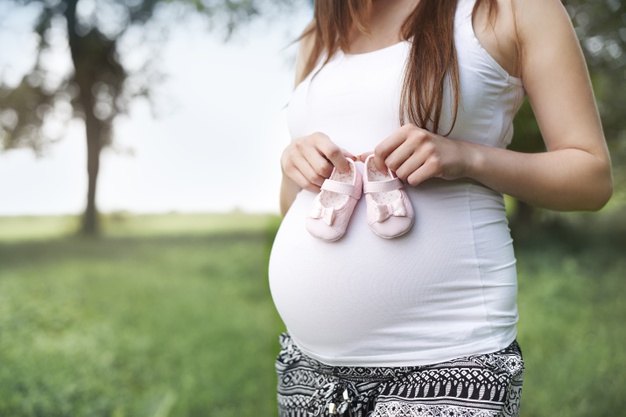
Source:
Cetin, I., Bühling, K., Demir, C., Kortam, A., Prescott, S.L., Yamashiro, Y., Yarmolinskaya, M. and Koletzko, B., 2019. Impact of micronutrient status during pregnancy on early nutrition programming. Annals of Nutrition and Metabolism, 74(4), pp.269-278.
Cox, J.T. and Phelan, S.T., 2008. Nutrition during pregnancy. Obstetrics and gynecology clinics of North America, 35(3), pp.369-383.
Hinkle, S.N., Zhang, C., Grantz, K.L., Sciscione, A., Wing, D.A., Grobman, W.A., Newman, R.B., D'Alton, M.E., Skupski, D., Nageotte, M.P. and Ranzini, A.C., 2021. Nutrition during Pregnancy: Findings from the National Institute of Child Health and Human Development (NICHD) Fetal Growth Studies–Singleton Cohort. Current Developments in Nutrition, 5(1), p.nzaa182.
Hyde, N.K., Brennan-Olsen, S.L., Bennett, K., Moloney, D.J. and Pasco, J.A., 2017. Maternal nutrition during pregnancy: intake of nutrients important for bone health. Maternal and child health journal, 21(4), pp.845-851.
Koletzko, B., Godfrey, K.M., Poston, L., Szajewska, H., Van Goudoever, J.B., De Waard, M., Brands, B., Grivell, R.M., Deussen, A.R., Dodd, J.M. and Patro-Golab, B., 2019. Nutrition during pregnancy, lactation and early childhood and its implications for maternal and long-term child health: the early nutrition project recommendations. Annals of Nutrition and Metabolism, 74(2), pp.93-106.
Martin-Gronert, M.S. and Ozanne, S.E., 2006. Maternal nutrition during pregnancy and health of the offspring. Biochemical Society Transactions, 34(5), pp.779-782.


